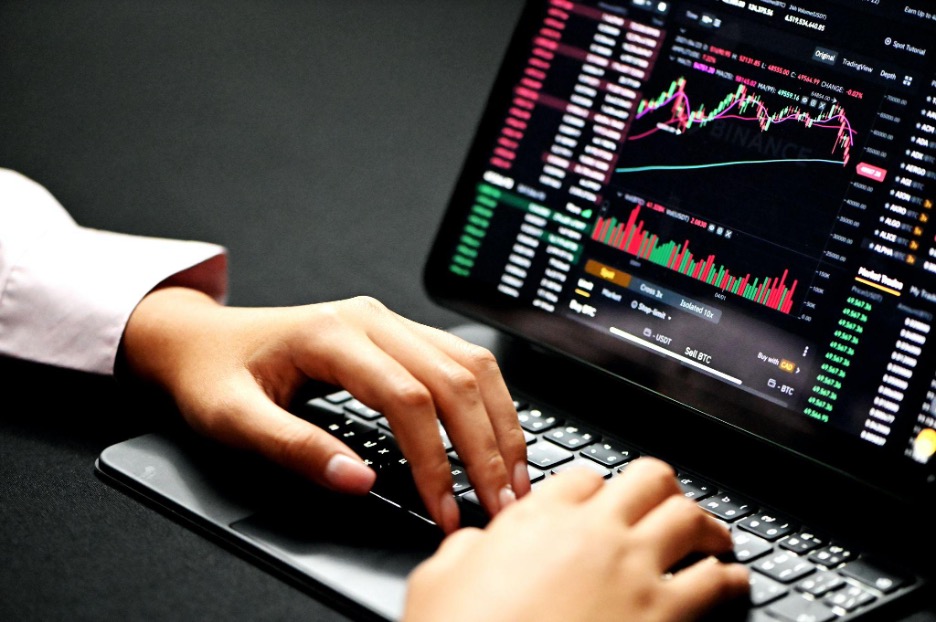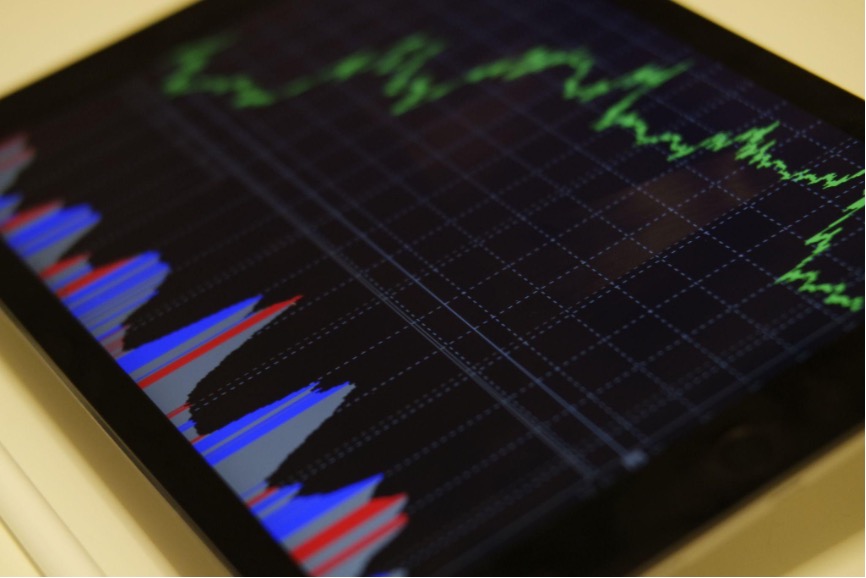The development of technology and the internet has allowed us to gain access to new business endeavors such as Forex trading and cryptocurrency exchanges. Trading platforms have never been more accessible, which is why there has been a significant increase in global trading figures in the last few years. Predictably, people looking to trade were not the only ones who decided to explore the new exciting world of trading, as scammers will always follow the money.
Don’t let the fear of scammers turn you away from trading. With just a little effort, research, and common sense, you will be able to spot red flags ahead of time. Be mindful of the red flags listed below, and you will be able to protect yourself from any malicious actors.
World of Forex Trading
Accessing the Forex market has never been as easy as it is today. Thanks to technological advancements, you no longer have to go through an extensive process whenever you want to trade. The trading market is now just a click away, available 24 a day, five days a week. You don’t even have to leave your house as you can make all the trades from the comfort of your couch by using your computer, phone, or some other device.
Could you have imagined just a decade ago that you would be able to exchange US dollars for Japanese yen or Euro for Danish krone just by tapping on your phone? There are hundreds of different currencies to trade, making Forex the largest financial market in the world. It even hit the record numbers of $7.5 trillion per day in April 2022, according to the 2022 Triennial Central Bank Survey. With the increased availability of the Forex market, the number will only continue to grow.
But this is the exact reason the Forex fraud is becoming more rampant, as more inexperienced and vulnerable people access the market without being aware of the risks. As long as the Forex market continues to be lucrative, the danger of fraudulent activities will always be there. This is why it is essential for anyone trading on the market to be able to recognize the signs of potential scams and stay away from them.
Dangers on the Forex Market
As the Forex market continues to evolve, so will the scams and fraudulent activities on it. Coming to the market, everyone is aware there are no guarantees and the trades can be risky, but fraudsters are really good at getting you to forget about the dangers. Worst of all is that they have many different types of fraud to employ against unsuspecting victims, from social engineering attacks and fake websites to account takeovers or fake Forex brokers and many more. While some might be able to recognize quite easily, others can trick even the most experienced traders.
Scammers will always try to find your weak spot and exploit it, regardless if it is your lack of knowledge, your fears, or even your eagerness to trust in confident figures. Luckily, you can put an end to their malicious actions by educating yourself about Forex trading tips, using common sense, and keeping an eye on red flags that might indicate fraud.
The offer sounds too good to be true.
Fraudsters will often try to attract unsuspecting victims by promising them guaranteed high or constant returns without any risk to their investment. Inexperienced traders might fall into their trap as they are too enthusiastic about starting to make some profit. Unfortunately, anyone who trades on any market knows they are all risky, and returns can’t ever be guaranteed. If anyone promises you something that sounds too good to be true, such as high returns or no risk, you should consider it a serious red flag. None of the regulated brokers will make you that promise as they need to be transparent and inform you about all the risks to stay compliant with market regulations.
Trying to confuse you with complicated jargon.
Forex fraudsters will try to convince you into trading with them by using complicated jargon to make them seem knowledgeable. They do so to make you feel that you don’t know enough and that you won’t be able to make it without their help. Usually, they will also sneak some legal terms into their contract to cover their backs after you discover the scam.
Unsolicited offers.
Scammers will try to gain new customers by sending unsolicited offers through email, phone calls, text messages, or even social media. They will present themselves as highly experienced brokers claiming they have helped numerous clients to become rich from trading, enticing you to give them a chance. They might even offer you something for free, so you would feel you owe them your business.
You should always do your own research and find a trustworthy broker you can trust to manage your account. You can always ask them to provide proof of their legitimacy, and if you want to ensure you have done your due diligence, you can check out the regulating bodies to verify their status.
Rushing you into making a decision.
When they realize their too-good-to-be-true offer is not enough to convince you, they will try to pressure you into making the decision. They will offer you special deals, unrealistic bonuses, and investment opportunities that are time-bound to rush you into deciding without giving you enough time to do your research. Never allow a broker to rush you into deciding about investing your money. Do your research and make the trade only when you are ready.
Restricting your withdrawal options.
You should be able to withdraw your funds whenever you want to, and if your broker tries to explain why that isn’t possible, you need to reconsider your actions. Protect yourself and your money by doing your due diligence and research before jumping into any investment opportunity.
Conclusion
Fraudsters will always try to exploit unsuspecting victims, especially when there is a lot of money involved. Luckily, you can prevent their malicious actions by keeping an eye on these early warning signs that indicate fraud, researching when choosing a broker, and staying vigilant during every step of your trading journey.

